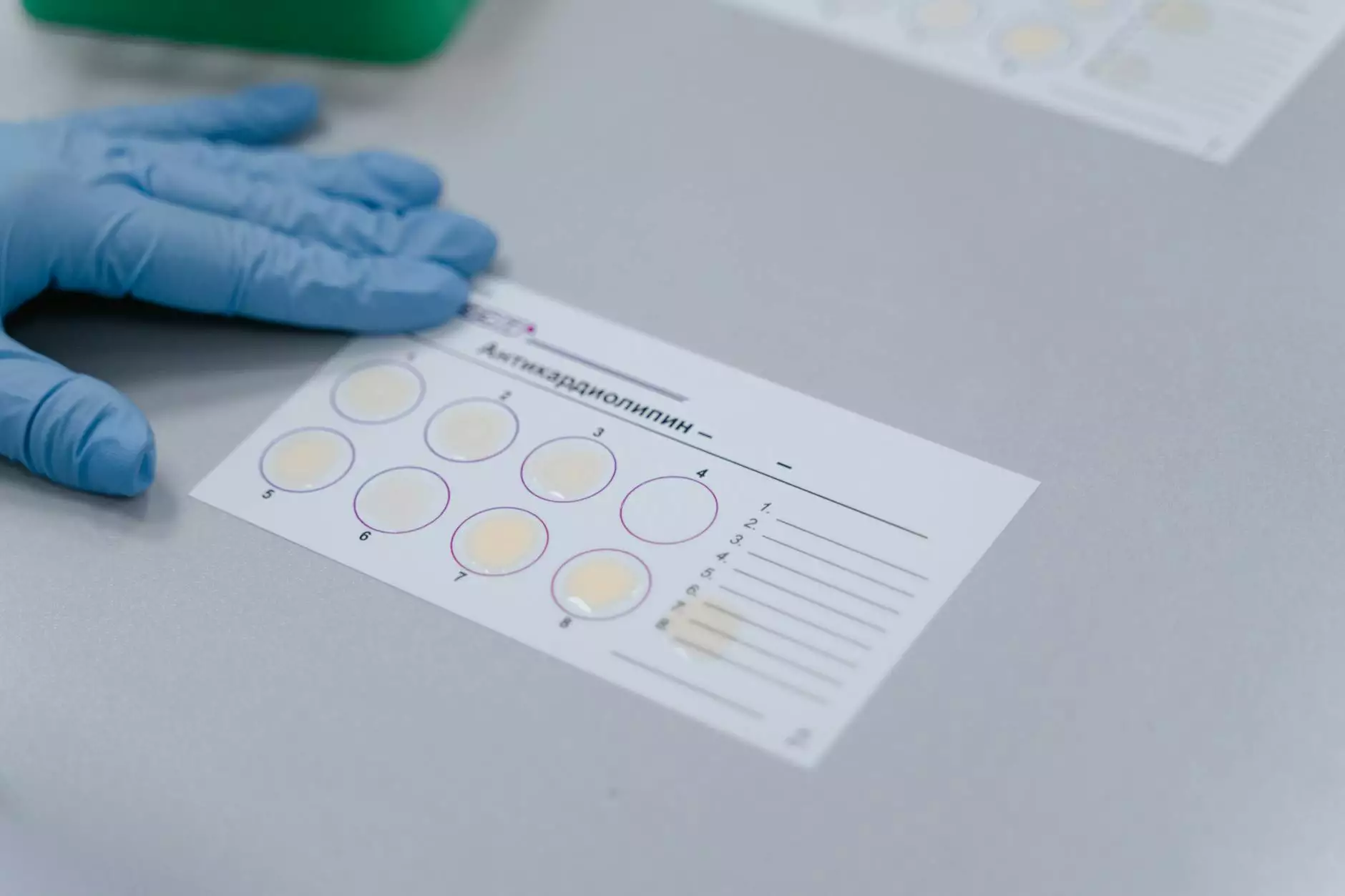Understanding the Risks After Hysterectomy

The Importance of Post-Hysterectomy Care
A hysterectomy is a surgical procedure conducted by obstetricians and gynecologists to remove a woman's uterus. While it is a common and often necessary procedure, it's vital to understand the potential risks and complications involved in order to ensure proper post-operative care. At Dr. Seckin's practice, we prioritize your health and provide comprehensive support throughout your hysterectomy journey.
What Is a Hysterectomy?
A hysterectomy is the surgical removal of the uterus, which can be performed for various reasons, such as treating conditions like uterine fibroids, endometriosis, or certain cancers. It is essential to consult a skilled and experienced obstetrician and gynecologist like Dr. Seckin to discuss the specific indications for your hysterectomy and any possible alternatives to consider.
Potential Risks After Hysterectomy
While the overall success rate of hysterectomy is high, it's crucial to be aware of potential risks and complications that may arise during the recovery period. Understanding these risks can help you be prepared and seek appropriate medical assistance if necessary. Here are some possible risks:
1. Infection
Infection is a potential complication after any surgery, including hysterectomy. Dr. Seckin's team follows strict sterilization protocols to minimize the risk of infection during and after the procedure. It is crucial to adhere to post-operative care instructions and promptly seek medical attention if you experience symptoms such as fever, severe pain, or discharge.
2. Blood Clots
Blood clots can form in the legs or lungs after surgery, including hysterectomy. These clots, known as deep vein thrombosis (DVT) or pulmonary embolism, can be life-threatening if left untreated. To mitigate this risk, Dr. Seckin may recommend medications, leg exercises, and early ambulation to promote proper blood circulation.
3. Bladder or Urinary Issues
Hysterectomy can sometimes lead to temporary or permanent bladder or urinary issues. This may include difficulty emptying the bladder, urinary tract infections (UTIs), or urinary incontinence. Dr. Seckin will provide guidance on managing these complications, which may involve medication, pelvic floor exercises, or further evaluation by a urologist if necessary.
4. Bowel Changes
Changes in bowel habits, such as constipation or bowel urgency, can occur after a hysterectomy. These issues can usually be managed through dietary modifications, increased fluid intake, and prescribed medications if needed. Dr. Seckin will provide personalized guidance and support to alleviate any bowel-related concerns and ensure your well-being.
5. Emotional and Psychological Impact
Hysterectomy can have emotional and psychological effects on individuals, as it is a significant medical procedure that can impact fertility, body image, and overall well-being. Dr. Seckin understands the importance of addressing these concerns and offers guidance, support, and access to counseling services to help manage and navigate these emotional challenges.
Post-Hysterectomy Care with Dr. Seckin
At Dr. Seckin's practice, we prioritize comprehensive and personalized care tailored to your unique needs. Here are some of the approaches we take to ensure optimal post-hysterectomy recovery:
1. Thorough Evaluation and Follow-up
Dr. Seckin will conduct a thorough evaluation before the surgery and provide clear instructions for pre-operative and post-operative care. Regular follow-up visits will be scheduled to monitor your progress, address any concerns, and make any necessary adjustments to your recovery plan.
2. Pain Management
Proper pain management is essential for a comfortable and successful recovery. Dr. Seckin will prescribe appropriate pain medications and recommend techniques to manage pain effectively while minimizing potential side effects.
3. Physical Activity and Exercises
Gradual physical activity and exercises play a crucial role in your recovery. Dr. Seckin will provide guidance on when and how you can resume your daily activities, including work and exercise. Following these instructions diligently will help prevent complications and expedite healing.
4. Emotional Support and Guidance
Our caring team understands the emotional impact of undergoing a hysterectomy. We offer support, guidance, and resources to help you cope with any emotional challenges you may face. We believe in a holistic approach to care that addresses both the physical and emotional aspects of your well-being.
5. Ongoing Monitoring of Health
Regular monitoring of your overall health and any potential long-term effects is an essential part of post-hysterectomy care. Dr. Seckin will guide you on the appropriate follow-up examinations and screenings to ensure your well-being in the long run.
Conclusion
Awareness of the potential risks after hysterectomy is crucial for every woman contemplating or undergoing the procedure. Dr. Seckin, as an experienced obstetrician and gynecologist specializing in complex gynecological conditions, is dedicated to providing excellent care and support during your hysterectomy journey. By prioritizing your overall health and addressing any potential risks, Dr. Seckin aims to ensure your optimal recovery and well-being.
For more information about hysterectomy and post-operative care, or to schedule a consultation, please visit drseckin.com.









